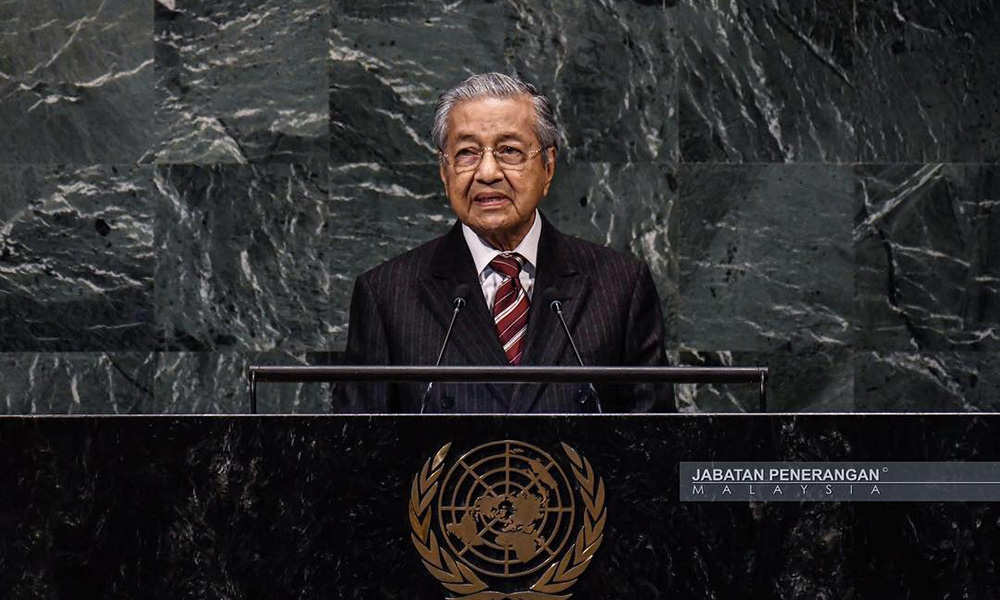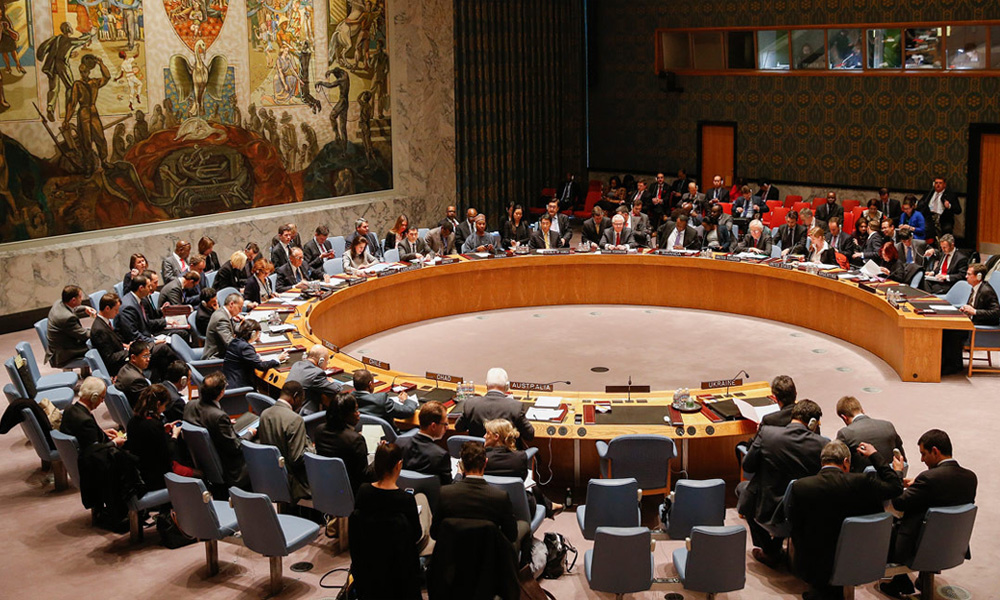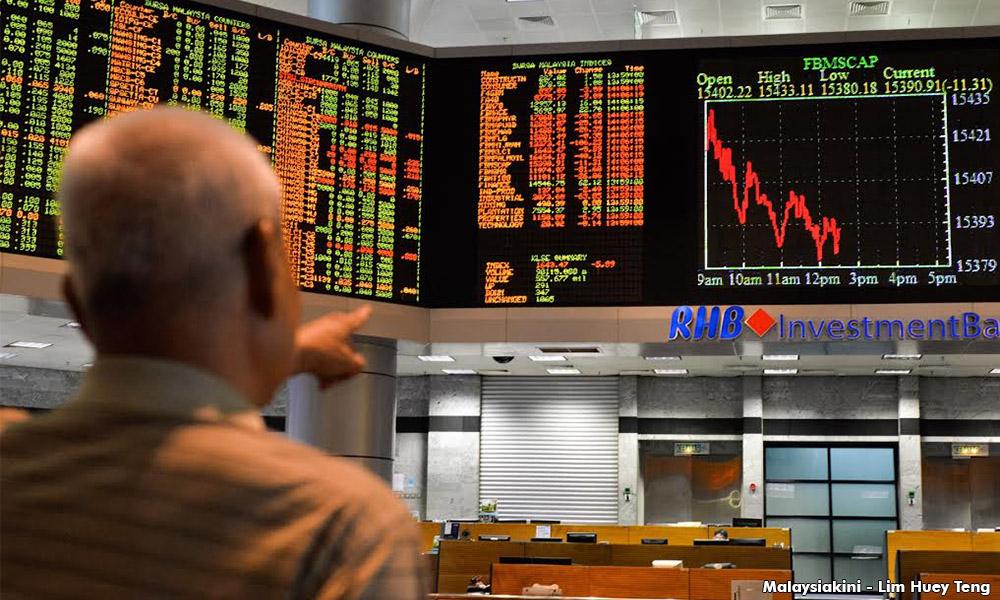
Published by Malaysiakini, images from Malaysiakini.
The United Nations, as Prime Minister Tun Dr Mahathir Mohammad correctly pointed out, was built from the ashes of the First and Second World Wars.
To many in the West, WWI was started with the murder of Archduke Franz Ferdinand and his wife by a Serb nationalist in 1914.
It took the intervention of the US to end the war with the Fourteen Points of President Woodrow Wilson in 1919.
But the League of Nations failed almost as soon as it was conceived as even the US Congress refused to accede to it. Wilson died a dejected and broken man, that his idea to promote the league, with US at the centre of it, was never realised.
The UN, sadly, over-learned the lesson of the withdrawal of the US. It tried to lock five permanent members in the UN Security Council, by incentivising them to have a veto each on all issues concerning war and peace, sanctions and other such punitive measures to keep the world in check.
Having gained the veto, countries like the US, UK, France, China and Russia, subsequently, became protective of this special privilege. The veto made them the overlords of the international system, while rendering those who disagree with them as virtual ‘outcasts’.
Consequently, despite having a large collection of agencies that tried to look into bettering the welfare of the world, such as the World Health Organization, the Food and Agricultural Organization, even the Department of Peacekeeping, the UN is efficient only to the degree that the five permanent members allow it to proceed with any mandate.
Resistant to change
Prime Minister Dr Mahathir Mohamad knows from his first tenure as prime minister, as he does now, that the UN is recalcitrant to change, especially at the Security Council.

Thus he has proposed that each veto be backed by at least two permanent members and three non-permanent members; the latter from a total of 14, followed by a simple majority by a vote of hand from the UN General Assembly.
Such a proposal, at the very least, has the capacity to make the UN not a League of Democracy per se, but an institution that is at least serious about democratic and institutional reform.
As things stand, the United Kingdom is struggling mightily with Brexit. By March 2019, Prime Minister Theresa May has to find a deal to withdraw the UK from the European Union. This is an impossible feat. Yet despite the complexities of such an endeavour, no one has questioned the right of the UK to be a permanent member of the UN Security Council.
If anything, many major decisions affecting the five powers are often made in stealth, away from the prying eyes of non-permanent members. Yet as President Recep Tayyip Erdogan has often said, “the world is more than five.” In other words, the top five cannot rule over the rest of the world.
Countries like India, Japan, Brazil, Mexico, Egypt, Nigeria, South Africa, Germany, Turkey, even Indonesia, have the right to be major powers in the UN Security Council. Yet they have not been given sufficient attention from 1945 to 2018. These are pivotal states. If they fall, the whole contiguous regions would be affected.
Call for change
No one knows if the world will listen to what Mahathir has said. But granted the fact that there are at least ten countries above that deserve some roles in the UN, the time has come for the global civil society to press for change.
Entities like the UN Foundation must take the lead to reform the UN. The UN Associations in American universities have to work hand in hand with the Network of East Asian Think Tanks (Neat) to overcome the single narrative that only the five are right and all others are wrong.
At the lower end, even the universities the world over must call for change. Without a meaningful and structural change at the UN, the endemic problems mentioned by Mahathir will not see any marked improvements, since the UN has become a club of self-entitled elites at the expense of everything else.
To improve the state of the world, the NGOs and the states that have been impoverished by the UN must unite.
Indeed, they only have nothing to lose but their chains. The consociational and associational politics of the NGOs and the smaller member states must unite.
Dr. Rais Hussin is President & CEO of EMIR Research, an independent think tank focused on strategic policy recommendations based on rigorous research.
